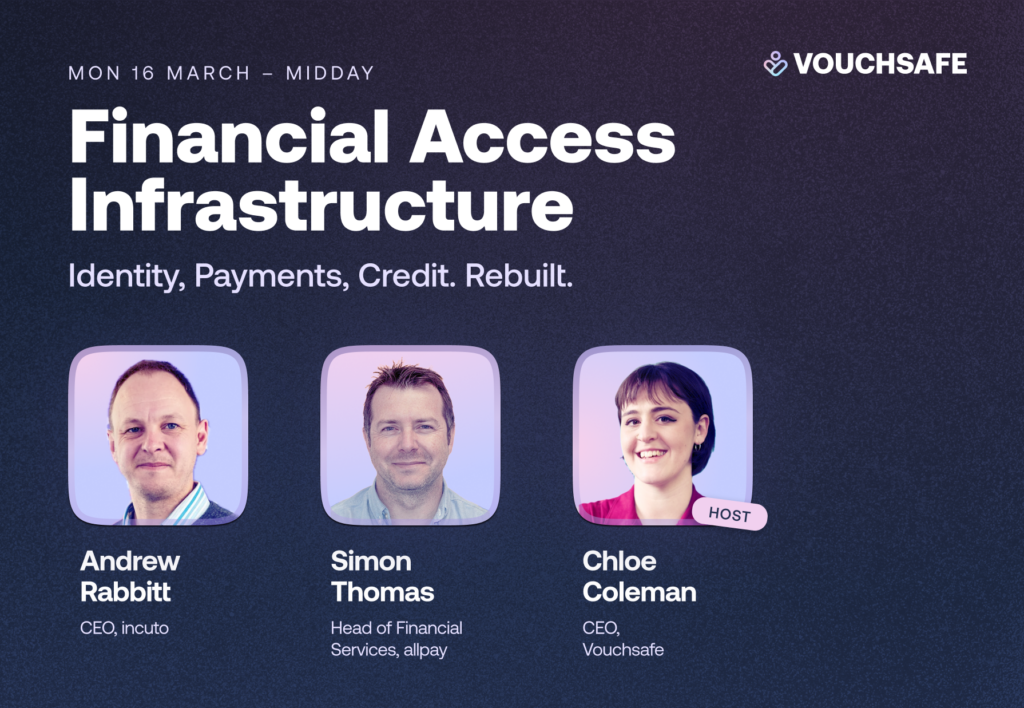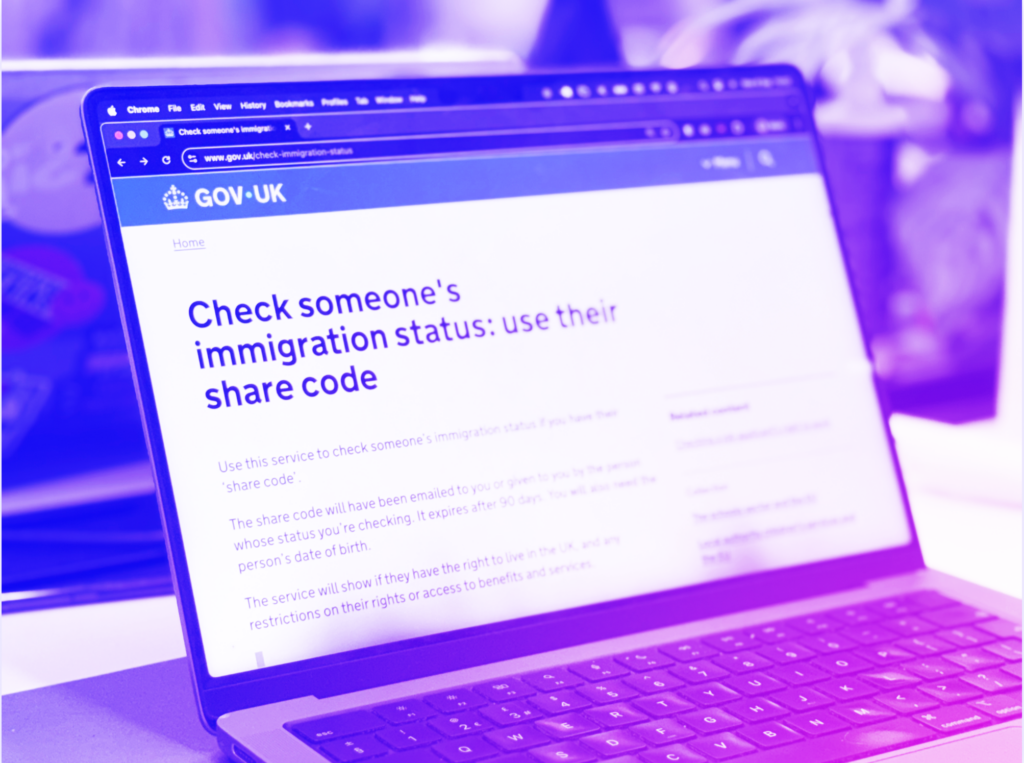Why inclusive identity verification is key to meeting the FCA’s Consumer Duty

The Financial Conduct Authority (FCA) has introduced the Consumer Duty to raise standards across the financial services sector. It’s designed to make sure firms focus on customer outcomes and do more to protect people from harm.
The Duty sets a higher bar for fairness, transparency, and inclusivity.
Firms have to make sure their products and services meet the needs of all customers, including those who might be more vulnerable or harder to verify. It’s not just about avoiding bad outcomes – it’s about actively delivering good ones, which is especially important as the rising cost of living pushes more people into debt and financial insecurity.
Where KYC comes in
A big part of this is how firms verify identity.
Millions of people in the UK don’t have a passport or driving license, which are often the default for KYC checks. This can leave them locked out of essential services.
The FCA really wants firms to fix this. If someone struggles to pass an identity check, it doesn’t always mean they’re a risk. Often, processes aren’t set up to accept what paperwork they do have because of old tech or invalid assumptions.
The Consumer Duty pushes firms to rethink their processes and look for ways to include, rather than exclude, these customers.
FCA TechSprints are leading the way
Vouchsafe recently won an award at the FCA’s Financial Inclusion TechSprint. We got the ‘Jump Solution’ prize for its potential to provide the biggest leap forward in expanding access to financial services.
During the TechSprint, we demonstrated how vouching – allowing someone a user knows to verify their identity – can help those without traditional forms of ID. This simple but effective process helped show how firms can onboard more people without compromising on security or compliance.
One place to start is by widening the types of evidence firms accept. For example, identity can be verified through an existing bank accounts, official letters, or references from trusted people.
Digital footprint analysis is another promising option, using data linked to a phone number or email address to confirm someone’s identity.
For firms looking to improve, identity verification is a practical first step. It’s a key moment in the customer journey, and getting it right can help meet regulatory requirements, build trust, and open services to more people.
If you want to explore how to make identity verification more inclusive and compliant, get in touch.



